Research-based
Online 1-on-1 reading lessons for kids aged 6–11 who struggle with reading
Lukulab’s personalized program builds reading skills, boosts fluency by 33% on average in just 8 weeks, and supports continuous improvement at every stage.
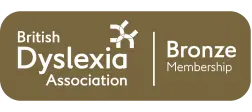
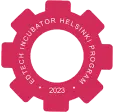
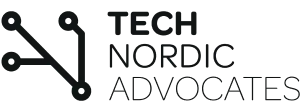




Parents trust
LukuLab's teaching methods are crafted in a way that keeps parents engaged in the learning process without having to rack their brains over how to navigate the next challenge their child faces.
Maria
She’s developed her own taste for children's mysteries and stories about kids her age
Pauline
My son reading has become smoother, he reads with expression, highlights intonation at the end of sentences, and uses commas correctly.
Irina
LukuLab's teaching methods are crafted in a way that keeps parents engaged in the learning process without having to rack their brains over how to navigate the next challenge their child faces.
Svetlana
LukuLab's teaching methods are crafted in a way that keeps parents engaged in the learning process without having to rack their brains over how to navigate the next challenge their child faces.
Maria
She’s developed her own taste for children's mysteries and stories about kids her age
Pauline
My son reading has become smoother, he reads with expression, highlights intonation at the end of sentences, and uses commas correctly.
Irina
LukuLab's teaching methods are crafted in a way that keeps parents engaged in the learning process without having to rack their brains over how to navigate the next challenge their child faces.
Svetlana
LukuLab's teaching methods are crafted in a way that keeps parents engaged in the learning process without having to rack their brains over how to navigate the next challenge their child faces.
Maria
She’s developed her own taste for children's mysteries and stories about kids her age
Pauline
My son reading has become smoother, he reads with expression, highlights intonation at the end of sentences, and uses commas correctly.
Irina
LukuLab's teaching methods are crafted in a way that keeps parents engaged in the learning process without having to rack their brains over how to navigate the next challenge their child faces.
Svetlana
LukuLab's teaching methods are crafted in a way that keeps parents engaged in the learning process without having to rack their brains over how to navigate the next challenge their child faces.
Maria
She’s developed her own taste for children's mysteries and stories about kids her age
Pauline
My son reading has become smoother, he reads with expression, highlights intonation at the end of sentences, and uses commas correctly.
Irina
LukuLab's teaching methods are crafted in a way that keeps parents engaged in the learning process without having to rack their brains over how to navigate the next challenge their child faces.
Svetlana
Specialized help to children with reading difficulties
The program focused on helping kids decode where they associate letters with sounds, and recognize words, where they quickly recognize familiar words. Lukulab's tutors help children with reading difficulties break words into syllables, recognize rhymes, or use intonation when reading.
Reading is not a natural process. Humans evolved without written language, so children's brains must "rewire" to learn to read. For 80% of people, this process happens easily, but for the remaining 20%, traditional teaching methods don't work. While only 3% are diagnosed with dyslexia, 20% of children experience similar difficulties.
Reading involves two phases: decoding, where readers associate letters with sounds, and word recognition, where they quickly recognize familiar words. Children who struggle with reading may have difficulty with both.
These challenges stem from a neurobiological condition: children with reading difficulties process spoken language differently. They perceive words as a whole, making it hard to break them into syllables, recognize rhymes, or use intonation when reading.
There are many myths about reading, such as that children with visual impairments see letters jumping, or that colored lenses or special fonts help dyslexic readers. However, research doesn’t support these claims.
Toread fluently, children with reading difficulties need specialized help. Effective programs focus on five key areas: phonemic awareness, phonics, morphology, syntax, and vocabulary. The program should include tasks for decoding, oral exercises, and reading comprehension.
Reading is not a natural process. Humans evolved without written language, so children's brains must "rewire" to learn to read. For 80% of people, this process happens easily, but for the remaining 20%, traditional teaching methods don't work. While only 3% are diagnosed with dyslexia, 20% of children experience similar difficulties.
Reading involves two phases: decoding, where readers associate letters with sounds, and word recognition, where they quickly recognize familiar words. Children who struggle with reading may have difficulty with both.
These challenges stem from a neurobiological condition: children with reading difficulties process spoken language differently. They perceive words as a whole, making it hard to break them into syllables, recognize rhymes, or use intonation when reading.
There are many myths about reading, such as that children with visual impairments see letters jumping, or that colored lenses or special fonts help dyslexic readers. However, research doesn’t support these claims.
To read fluently, children with reading difficulties need specialized help. Effective programs focus on five key areas: phonemic awareness, phonics, morphology, syntax, and vocabulary. The program should include tasks for decoding, oral exercises, and reading comprehension.
Decoding tasks
Decoding tasks
Reading comprehension
Reading comprehension
Oral exercises
Oral exercises
Lukulab's program pillars
Phonemic awareness
Phonemic awareness
Phonics
Phonics
Morphology
Morphology
Syntax
Syntax
Vocabulary
Vocabulary


Everything is included
We provide everything your child needs for lessons—no extra purchases required!
No need to buy books, textbooks, or software.

Computer, laptop or tablet.

Computer, laptop or tablet.

Zoom app installed

Zoom app installed
Your child gets a seamless learning experience while you enjoy peace of mind—no hidden costs, no hassle.
How are the lessons conducted?
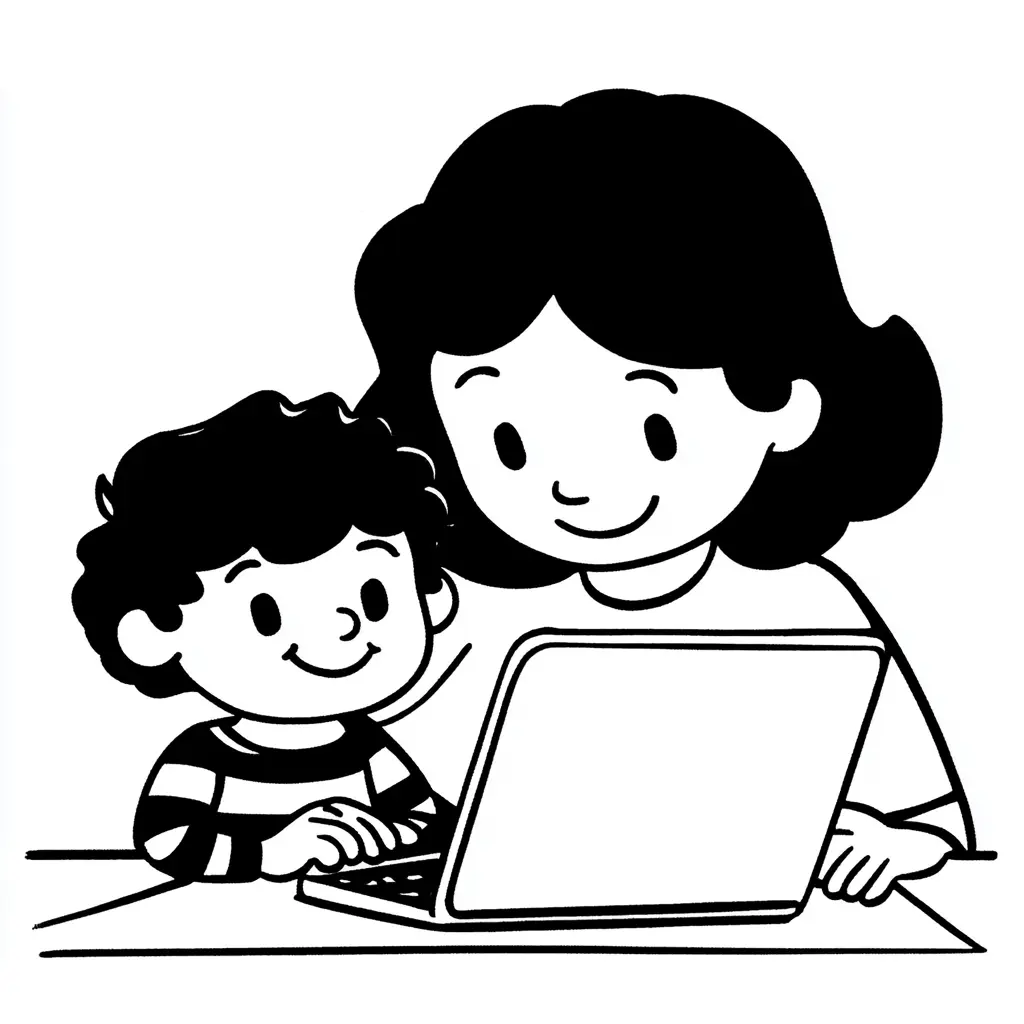
Online consultations with a child and parent
During the consultation, we recommend individual or group lessons. Or we advise parents on how they can independently study with their child.

Online consultations with a child and parent
During the consultation, we recommend individual or group lessons. Or we advise parents on how they can independently study with their child.
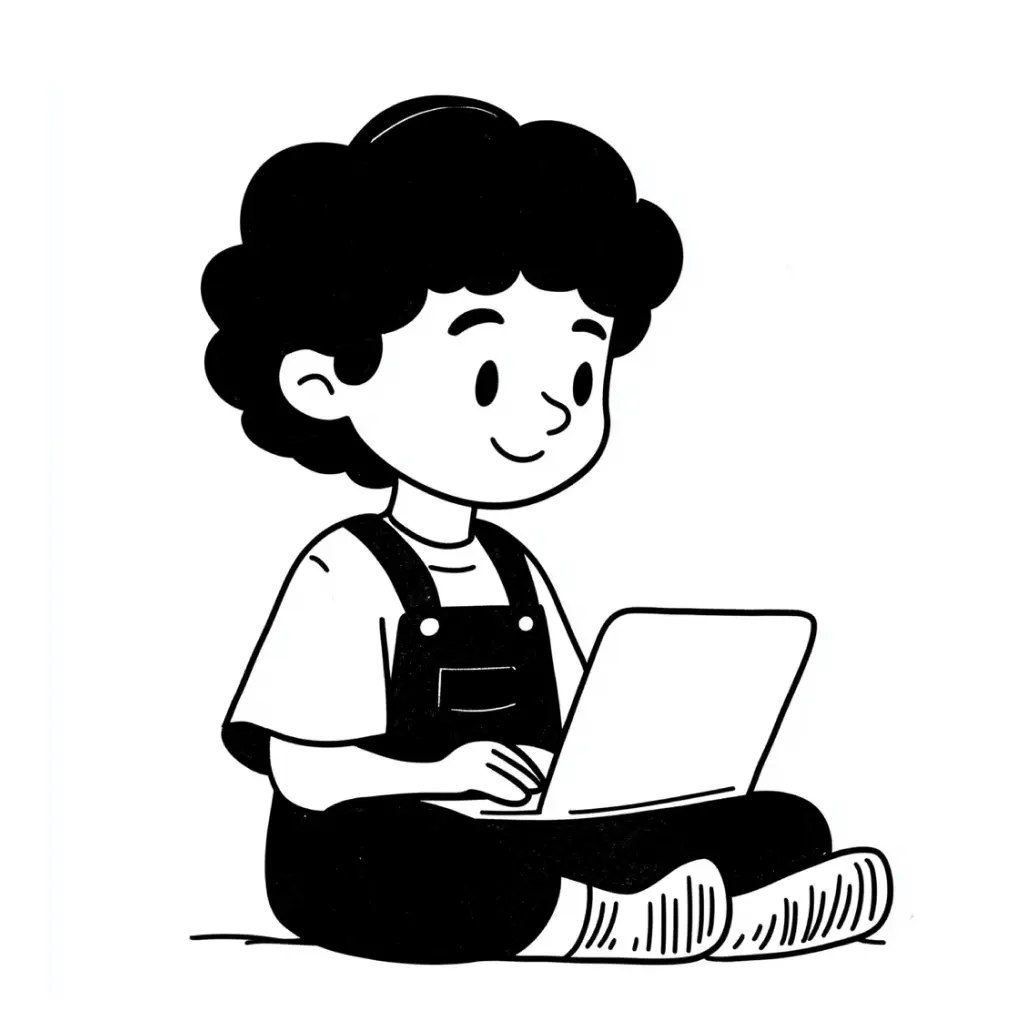
Individual lesson
The duration of the lesson is 30 minutes, the lessons are held 4 times a week. You'll see noticeable progress in just 8 weeks!

Individual lesson
The duration of the lesson is 30 minutes, the lessons are held 4 times a week. You'll see noticeable progress in just 8 weeks!
Prices
Consultation
Preliminary online consultation on reading technique (1 hour)
£32
Consultation
Preliminary online consultation on reading technique (1 hour)
£32
Lesson 30 minutes
The price includes 1 online private lesson. The teaching cycle lasts 8 weeks with 4 lessons per week. Upon completion of the cycle, we provide a report on the results and recommendations for further lessons.
£25
Per lesson
Lesson 30 minutes
The price includes 1 online private lesson. The teaching cycle lasts 8 weeks with 4 lessons per week. Upon completion of the cycle, we provide a report on the results and recommendations for further lessons.
£25
Per lesson
Parents say

Watch
My son's been learning with LukuLab for three years, starting from first grade. Best decision we ever made to help him with his dyslexia. Reading was a real struggle for him. But LukuLab came up with a program just for him and kept tweaking it to fit him better. Now, he reads just as good as most kids in his 4th grade. Sure, there are some specific challenges here and there, but the program keeps knocking them down. I can't thank LukuLab enough. They're our heroes!
Maria
My son's been learning with LukuLab for three years, starting from first grade. Best decision we ever made to help him with his dyslexia. Reading was a real struggle for him. But LukuLab came up with a program just for him and kept tweaking it to fit him better. Now, he reads just as good as most kids in his 4th grade. Sure, there are some specific challenges here and there, but the program keeps knocking them down. I can't thank LukuLab enough. They're our heroes!
Maria
Sonya started learning to read online when the pandemic hit. Before, she struggled with her lessons, but the LukuLab program really worked for her. Sonya looks forward to her classes; they’re far from boring, which is priceless. Now, I can say for sure she’s fallen in love with reading and books. She’s developed her own taste for children's mysteries and stories about kids her age. It’s wonderful to see her so passionate about reading.
Pauline
Sonya started learning to read online when the pandemic hit. Before, she struggled with her lessons, but the LukuLab program really worked for her. Sonya looks forward to her classes; they’re far from boring, which is priceless. Now, I can say for sure she’s fallen in love with reading and books. She’s developed her own taste for children's mysteries and stories about kids her age. It’s wonderful to see her so passionate about reading.
Pauline
For a little over a year, my son has been attending one-on-one classes at the Reading Lab, and during this time, we have seen very positive results. His fluency has doubled, his reading has become smoother, he reads with expression, highlights intonation at the end of sentences, and uses commas correctly. In addition to these improvements, my child now has a rich vocabulary that is constantly expanding.
Irina
For a little over a year, my son has been attending one-on-one classes at the Reading Lab, and during this time, we have seen very positive results. His fluency has doubled, his reading has become smoother, he reads with expression, highlights intonation at the end of sentences, and uses commas correctly. In addition to these improvements, my child now has a rich vocabulary that is constantly expanding.
Irina
Teaching a child with dyslexia to read by yourself can feel like an uphill battle, mainly because it's tough for a parent to fully understand the extent of their child's struggles or know exactly how to help. LukuLab's teaching methods are crafted in a way that keeps parents engaged in the learning process without having to rack their brains over how to navigate the next challenge their child faces.
Svetlana
Teaching a child with dyslexia to read by yourself can feel like an uphill battle, mainly because it's tough for a parent to fully understand the extent of their child's struggles or know exactly how to help. LukuLab's teaching methods are crafted in a way that keeps parents engaged in the learning process without having to rack their brains over how to navigate the next challenge their child faces.
Svetlana
My daughter absolutely loves her reading lessons. She used to struggle with reading, but now she's improved a lot and she really enjoys it. She's even started picking out books from the shelf on her own.
Olga
My daughter absolutely loves her reading lessons. She used to struggle with reading, but now she's improved a lot and she really enjoys it. She's even started picking out books from the shelf on her own.
Olga

Our teachers say
Every child with dyslexia is a unique puzzle, and finding the right strategy to help them read is both a science and an art. I love the challenge — blending research with creativity, testing ideas, and watching a child light up with progress.

Sima
Master’s in Language Sciences at Ca’ Foscari University of Venice
Every child with dyslexia is a unique puzzle, and finding the right strategy to help them read is both a science and an art. I love the challenge — blending research with creativity, testing ideas, and watching a child light up with progress.

Sima
Master’s in Language Sciences at Ca’ Foscari University of Venice
At LukuLab, I have had the opportunity to work with both very young readers and sixteen-year-old teenagers, engaging in everything from syllabic reading to analyzing dystopian literature. I appreciate that LukuLab allows for an individual approach to each child, and if a teacher finds it difficult to meet all of a child's needs, they can always rely on the support of more experienced colleagues, our psychologist, or a designer who prepares the perfect materials. Alongside my work at LukuLab, I completed courses for book club moderators, and I am currently pursuing international CELTA certification for teaching English while also learning Serbian. However, what children value most about me isn’t that—I win them over with the fact that I’ve played Assassin’s Creed, watched animated series like Miraculous Ladybug and The Owl House, and that I also embroider beautiful flowers.

Maria
Bachelor in Philology
At LukuLab, I have had the opportunity to work with both very young readers and sixteen-year-old teenagers, engaging in everything from syllabic reading to analyzing dystopian literature. I appreciate that LukuLab allows for an individual approach to each child, and if a teacher finds it difficult to meet all of a child's needs, they can always rely on the support of more experienced colleagues, our psychologist, or a designer who prepares the perfect materials. Alongside my work at LukuLab, I completed courses for book club moderators, and I am currently pursuing international CELTA certification for teaching English while also learning Serbian. However, what children value most about me isn’t that—I win them over with the fact that I’ve played Assassin’s Creed, watched animated series like Miraculous Ladybug and The Owl House, and that I also embroider beautiful flowers.

Maria
Bachelor in Philology
Working with children and reading is closely connected to my research work as I am writing a dissertation on attention during reading. It also brings joy and satisfaction from helping children and increasing their interest in reading.

Veronica
Erasmus Mundus Master’s in Clinical Linguistics at University of Groningen. Teaching Assistant at the University of Birmingham.
Working with children and reading is closely connected to my research work as I am writing a dissertation on attention during reading. It also brings joy and satisfaction from helping children and increasing their interest in reading.

Veronica
Erasmus Mundus Master’s in Clinical Linguistics at University of Groningen. Teaching Assistant at the University of Birmingham.
FAQ
Does LukuLab approach work for children with attention deficits?
Does LukuLab approach work for children with attention deficits?
My children are diagnosed with dyslexia. Can LukuLab help them?
My children are diagnosed with dyslexia. Can LukuLab help them?
Are the exercises in your program similar to what children typically do in school?
Are the exercises in your program similar to what children typically do in school?
How many lessons should be taken per week?
How many lessons should be taken per week?
Can my child take fewer than 4 lessons a week?
Can my child take fewer than 4 lessons a week?
What skills does a child train?
What skills does a child train?
What is the price per month?
What is the price per month?
What certifications do the teachers have?
What certifications do the teachers have?
Do you offer a free trial lesson?
Do you offer a free trial lesson?
Lukulab values

We believe that reading must be affordable for all.

We believe that reading must be affordable for all.

We believe that reading must be affordable for all.

We actively participate in the creation of the neurodiverse and inclusive society.

We actively participate in the creation of the neurodiverse and inclusive society.

We actively participate in the creation of the neurodiverse and inclusive society.

We acknowledge the challenges that our small students face.

We acknowledge the challenges that our small students face.

We acknowledge the challenges that our small students face.

We know that struggling readers are amazing inventors and capable thinkers.

We know that struggling readers are amazing inventors and capable thinkers.

We know that struggling readers are amazing inventors and capable thinkers.

We care about emotional well-being of parents and teachers.

We care about emotional well-being of parents and teachers.

We care about emotional well-being of parents and teachers.

We are aiming towards children’s independence in learning.

We are aiming towards children’s independence in learning.

We are aiming towards children’s independence in learning.
Sign up for a Consultation
Sign up
for a Consultation
About
For many years, we have been teaching reading to kids who are unmotivated to read. In our online classes, children improve their academic performance: they practice reading fluently, confidently expressing their own and other people's thoughts, extracting information from complex texts on various topics. We speak to children of the 21st century in a language they understand.


Anna Levinzon, the CEO of Lukulab, is an experienced educator and linguist. She has taught at both universities and schools, and since 2017, she has been leading educational projects that help kids improve their reading, writing, and critical thinking skills. Thanks to her work, thousands of children have made progress in these areas.
In 2020, Anna used her knowledge of linguistics to create the Reading Laboratory, a program designed to help children with dyslexia learn to read. The Reading Laboratory method combines the well-known Orton-Gillingham approach with modern research on child literacy and linguistics.
Sign up now


Company
LukuLab Oy
Business ID 3327331-2
Kipparinkatu 4 B
Espoo, 02320
Finland
© LukuLab 2024